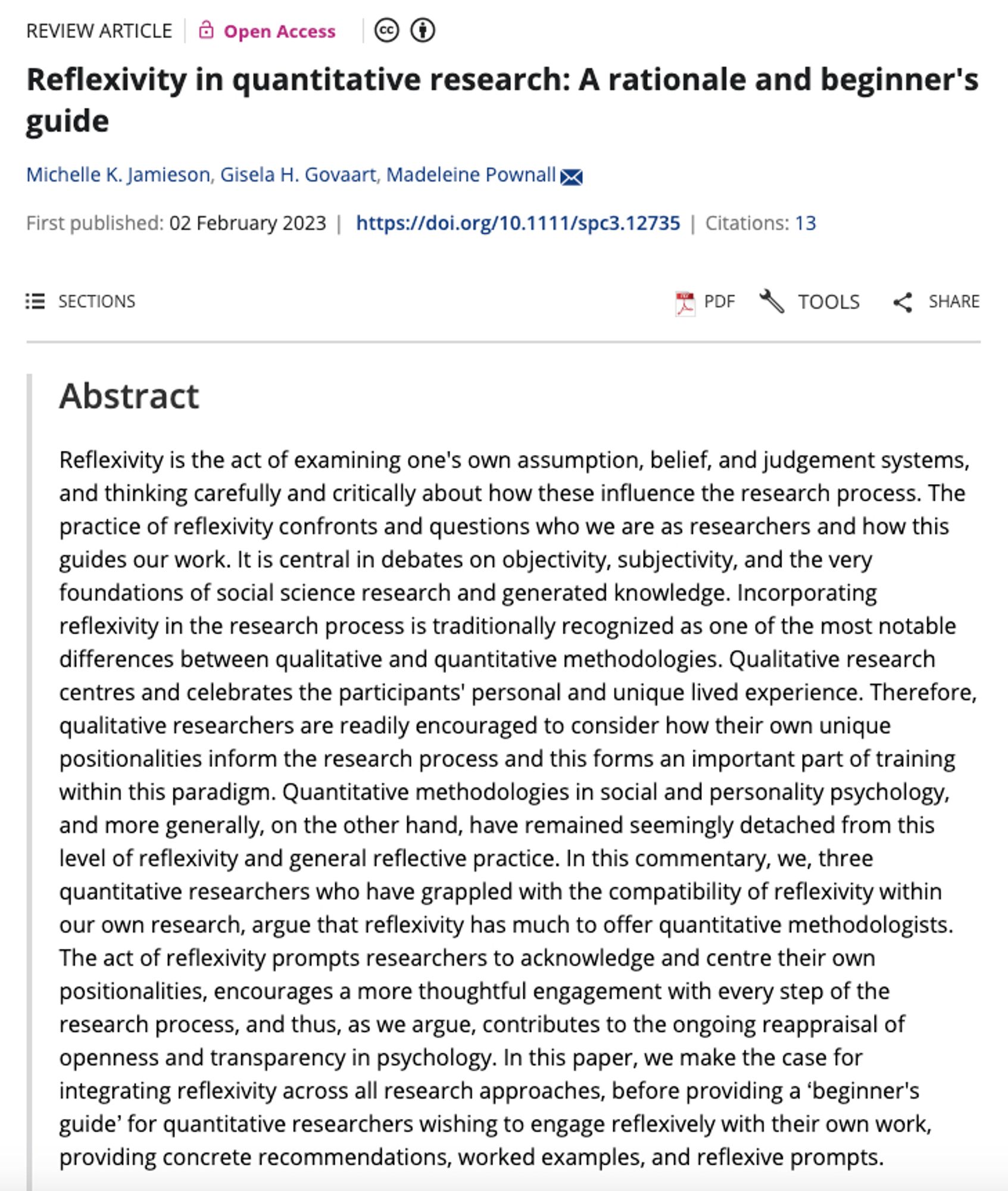
I dislike the replication crisis framing of open science reforms by both skeptics & proponents (itself an interesting case study in how scandals & psych drive discourse). Every major OS reform (open data, methods, study registration, open access) predates the replication crisis, some several decades
Copim Connects: Developing an Information Hub for the #OpenAccesscopim.pubpub.org/pub/developi...

‘Not another knowledge base / toolkit / resource bank’ we hear the community say ….
OP then noted that Gruyter-Brill has caved and is selling an AI training set too (w/author opt-out for now). I want to highlight how much this all looks like "just move" responses to climate-crisis-driven disasters. "Run" "don't publish" ONLY works for the privileged few. We need legislation.
for those looking to replicate that classic science twitter energy 🧪 go.bsky.app/FGTURr3
New publication format for #OpenScience: "Post-Registration" You do the work to the best of your ability, you report it honestly, and you respond in good faith to your reviewers and critics when they take the time to comment. This could really work!!
"even if data are quantitative and numerical, the ways in which they are analysed and, to a greater extent, the inferences made from this analysis, will vary depending on who the researcher is." I LOVE this paper, which talks about reflexivity in quant, not qual, research tinyurl.com/3r3s39ty

This whole piece is excellent, but this bit in particular made me do an actual lol 🤓🦖
Hey all, the Journal of Electronic Publishing @jepub.bsky.social is now on Bluesky! Give them a follow!
Fifteen years ago someone called open access a "Marxist plot" at MPOW. Now misinformed haters are calling it a right-wing project. SMH

